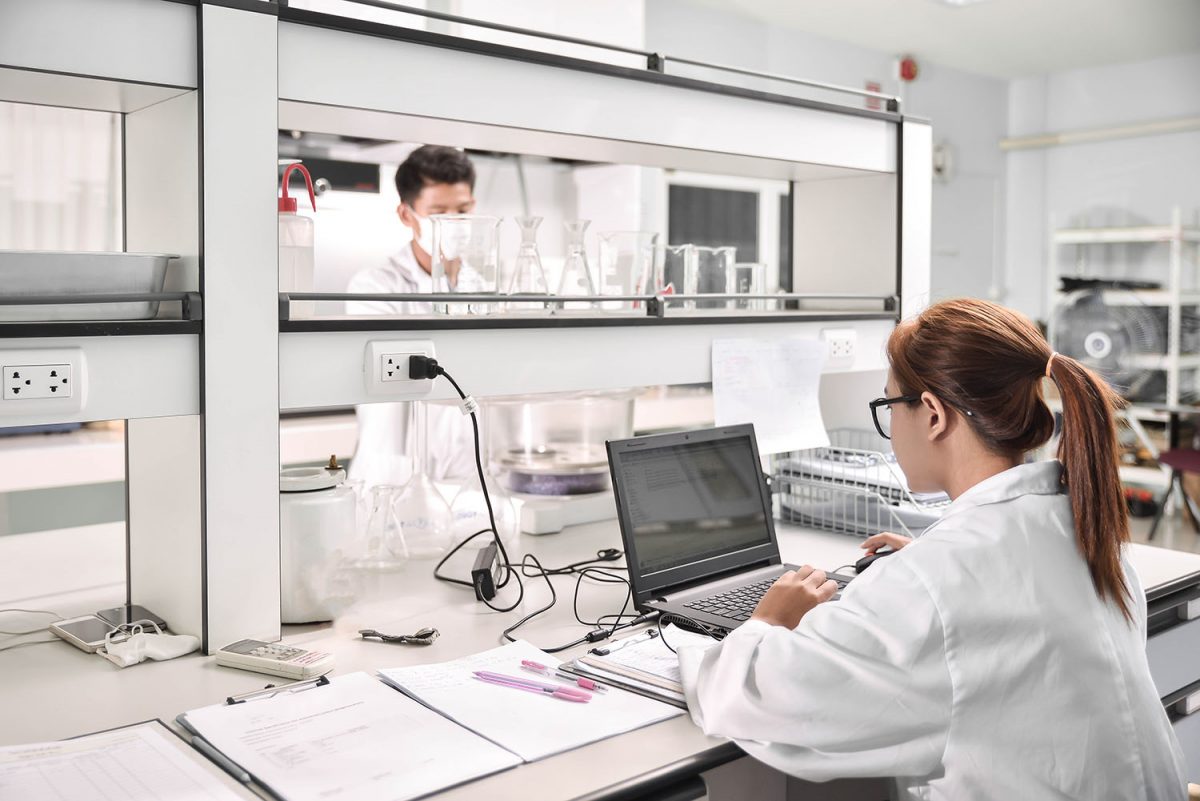The question of how to speed up clinical trials is complicated, especially considering that many trial stages simply cannot be rushed in the interest of trial subjects and the general public. However, process improvements can go a long way.
Experts like Charlotte Crone, Trial Product Handling Specialist at Novo Nordisk, identified the manual temperature excursion evaluations as a major source of delay and failed patient visits during trials. Sometimes it can take days to manually evaluate temperature excursions, leading to a cascade of disruptions which often cause valuable time to be lost during clinical trials.
In 2015, Novo Nordisk and TSS commenced talks on collaborating to develop a temperature management system for clinical trials that would be automated, risk-based, and efficient. Their collaboration led to the launch of the TSS Clinical Module— a cloud-based system which automates temperature monitoring during clinical trials, reducing excursion evaluation times from days to seconds.
THE CLINICAL MODULE
TSS’ Clinical Module speeds up excursion evaluation by automatically comparing aggregated temperature data from in-transit and storage loggers with the stability budget when temperature excursions occur. Its risk-based analysis is instantly able to determine whether the excursion is a deviation or not, allowing for trial investigators to make quick and informed decisions about how to proceed.
Novo Nordisk has so far implemented the Clinical Module at over 450 trial sites around the world and have seen significant gains in the speed and efficiency of their clinical trials.
Here are 4 reasons why your company should implement the Clinical Module at trial sites.
EVALUATE EXCURSIONS WITHIN SECONDS
The ability to complete excursion evaluations within seconds instead of days is a particularly important advantage of using the Clinical Module. The Clinical Module accomplishes this through cloud-based automation of the evaluation process. With emphasis on maintaining accurate stability data and updating stability budgets after each temperature excursion, this feature is effectively risk-based, allowing for flexibility and precision in handling risks arising from temperature excursions during clinical trials.
COMPLY WITH GxP AND DATA INTEGRITY REGULATIONS
Being technology-agnostic, the Clinical Module supports automatic temperature data uploads from multiple loggers or even manual entry. When used in conjunction with appropriately detailed SOPs, the Clinical Module guarantees that all data collected during clinical trials are ALCOA and ALCOA+ compliant. It is also noteworthy that the Clinical Module can also generate audit reports with just one click.
REDUCE FAILED PATIENT VISITS AND IMPROVE SERVICE TO PATIENTS
The rights and wellbeing of trial subjects have always been paramount in the conduct of clinical trials. Consequently, a system like the Clinical Module which reduces failed patient visits due to manual excursion evaluations can improve service to patients and protect their wellbeing while also enhancing the efficiency of clinical trials.
STRATEGICALLY IMPROVE TRIAL PROCESSES THROUGH CENTRALIZED MONITORING
The Clinical Module also serves as a centralized hub for managing data from clinical trials occurring at multiple sites. The data can be compared and analysed with a view to improving the performance of trial sites individually and collectively. As Ina Lewinsky, Project Manager at Novo Nordisk puts it, “Having access to global data and looking at variations over time allows for both local and central process improvements.”
The Clinical Module is precisely the temperature monitoring solution trial sponsors need to implement risk-based and adequately centralized monitoring of clinical trials. It is technology-agnostic, ICH-GCP compliant, and efficient. To learn more about how to implement TSS’ Clinical Module at your company’s trial sites, request a free consultation today.
